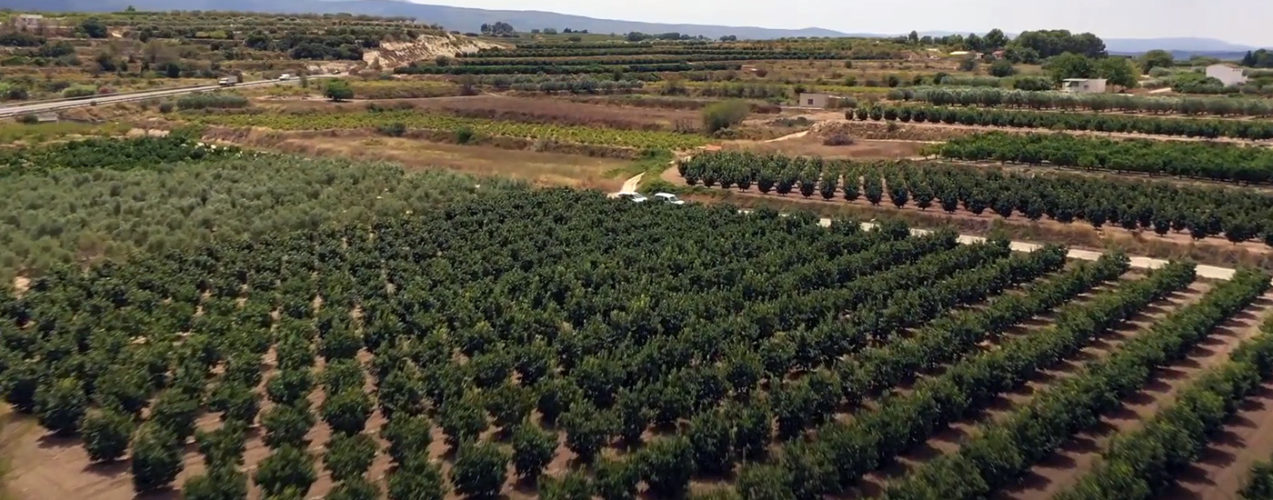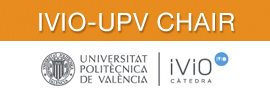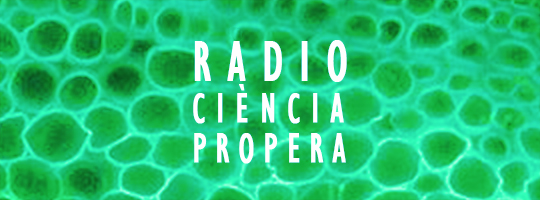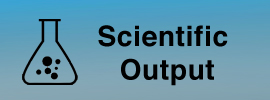Environmental degradation and water shortage caused by the effects of climate change, along with the growing demand for food due to the continuous increase in world population, are the main challenges facing this decade at a global level.In response to these challenges, agriculture is promoting the sustainable management of land and natural resources to ensure environmental health and profitability.
One of the main objectives of this type of sustainable agriculture is the improved efficiency of the use of water resources in agricultural systems, an underlying concern in Mediterranean agriculture, given the water shortage. The low rainfall that characterize this climate is compounded by the effect of climate change, making this trend more pronounced, according to forecasts by experts, and reducing the availability of water for irrigation in the future.
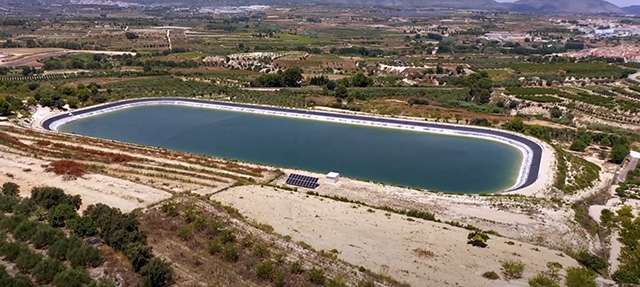
This forecast highlights the need for means of monitoring and evaluating irrigation management and performance to address water shortage issues and, in turn, increase productivity efficiently and sustainably. To this end, research staff from Campus Gandia of the Universitat Politècnica de València (UPV), in collaboration with the Universitas Miguel Hernández de Elche (UMH), have carried out a study that uses performance indicators to evaluate the efficiency of irrigation systems in citrus groves in eastern Spain.
In the study, 5 indicators have been selected to evaluate the performance in the water input, relating irrigation and effective precipitation to the needs of the crop; productive efficiency, relating the overall harvest and the highest quality fruit to the volume of irrigation water; and economic efficiency, relating to the income from the crop to the cost of irrigation water.
These indicators are then applied to a database. “Given the particular characteristics of the area and the citrus growing system in eastern Spain, we include two key variables in our analysis to help understand the changes in the indicators: the quality obtained and the income based on the irrigation applied,” indicates Bernat Roig-Merino, a campus researcher. This data has been compiled by an irrigation community and a cooperative of citrus farmers in the area that has been studied for five years.
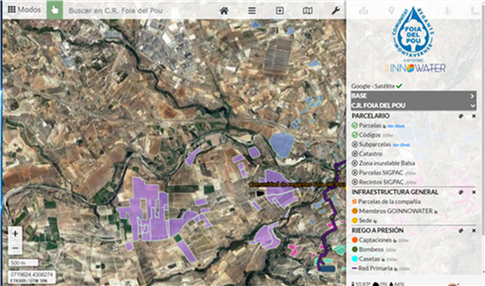
AIS implemented by the GOINNOWATER project in the CR de la Foia del Pou (Vall d’Albaida)
INNOVATIVE APPROACH
The study implements an artificial intelligence system to predict the productive efficiency of a citrus groves based on size and water supply. “The use of artificial intelligence is combined with one of the indicators to establish recommendations on irrigation management for farmers,” says Jaime Lloret, an expert in Artificial Intelligence at the campus. These recommendations can prevent misuse of water, helping farmers to increase their productivity while reducing costs.

GOINNOWATER
The study demonstrates preliminary applications of performance indicators for subsequent use in the GOINNOWATER project, a supra-regional project that the campus participates in, aimed at improving water and energy management in modernized irrigation of fruit farms. The project’s research team on campus is led by Enrique Sigalat and made up of Enrique Sigalat and Jaime Lloret.
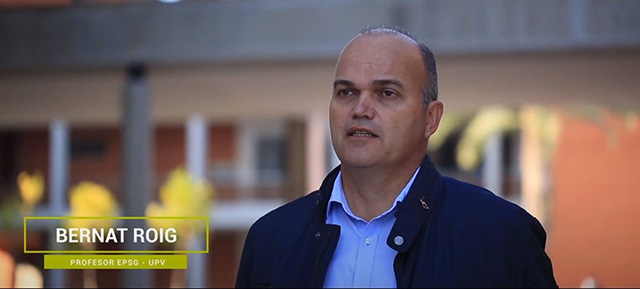
More information:
R&D&I Management and Promotion Officer at Campus Gandia
